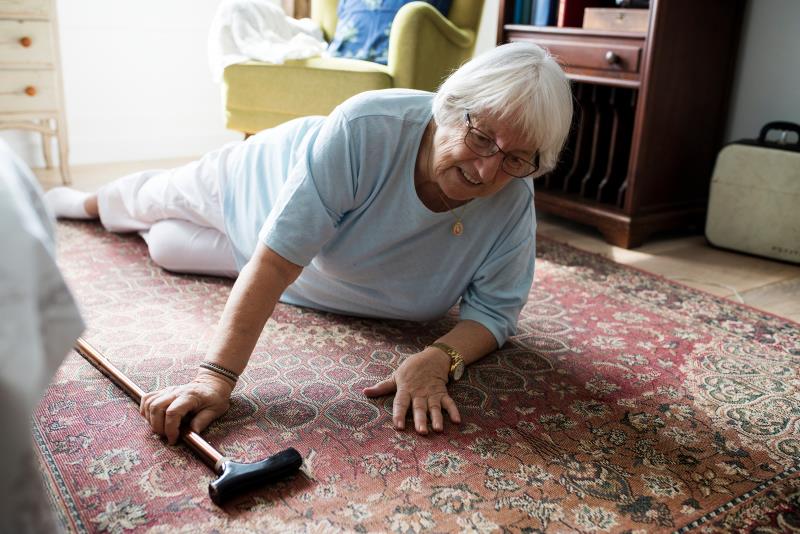
The co-prescription of beta-blockers with cholinesterase inhibitors (ChEIs) does not appear to amplify the risk of hospitalization for fall-related injuries, a recent study has shown.
Researchers conducted a nested case-control study including 19,060 elderly adults admitted into a nursing home. Of these, 3,038 were found to have been hospitalized for a fall-related injury with concurrent beta-blocker medication and were then matched 1:1 to controls by age, sex, and frailty, among other variables. The study outcome was the link between fall injuries and ChEI use 90 days prior.
The median duration from study entry to fall-related injury was 226 days, and the most commonly prescribed beta-blockers were metoprolol (44.6 percent in patients; 46.0 percent in controls) and bisoprolol (33.3 percent in cases; 32.7 percent in controls). Most (60.1 percent) of the matched pairs had been hospitalized for fall-related injuries in the 5 years prior.
The use of ChEIs 90 days before the index date was reported in 31.2 percent (n=947) of the fall patients and in 30.9 percent (n=940) of the controls. No statistical link between ChEI and fall injuries was reported after controlling for baseline factors (adjusted odds ratio [OR], 0.96, 95 percent confidence interval [CI], 0.85–1.08).
This was also true when participants were disaggregated into those who were frail (adjusted OR, 1.00, 95 percent CI, 0.83–1.21) or not (adjusted OR, 0.95, 95 percent CI, 0.81–1.11). The absence of a link between ChEI co-prescription and fall-related injuries remained consistent independently of age, sex, and history of falls.